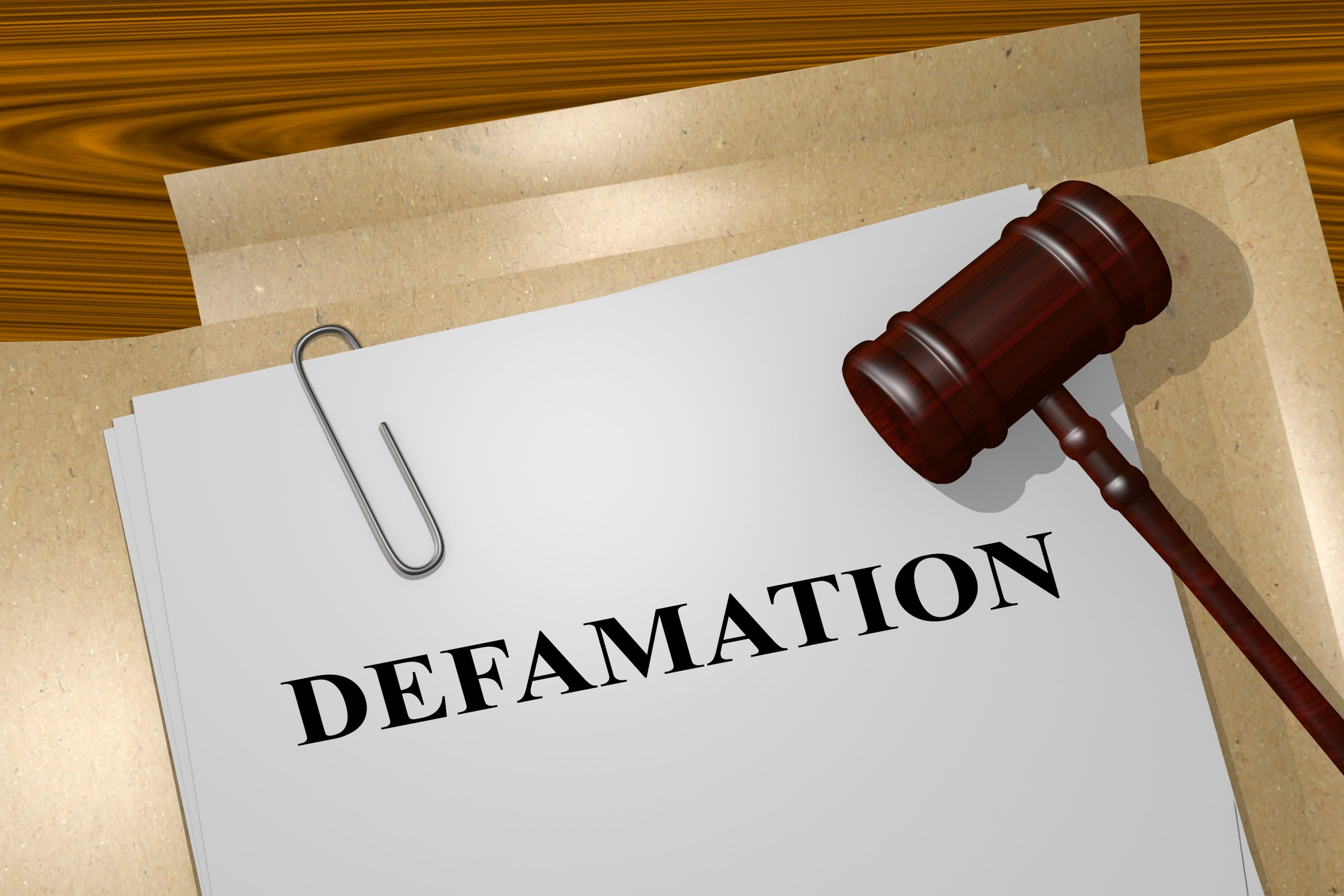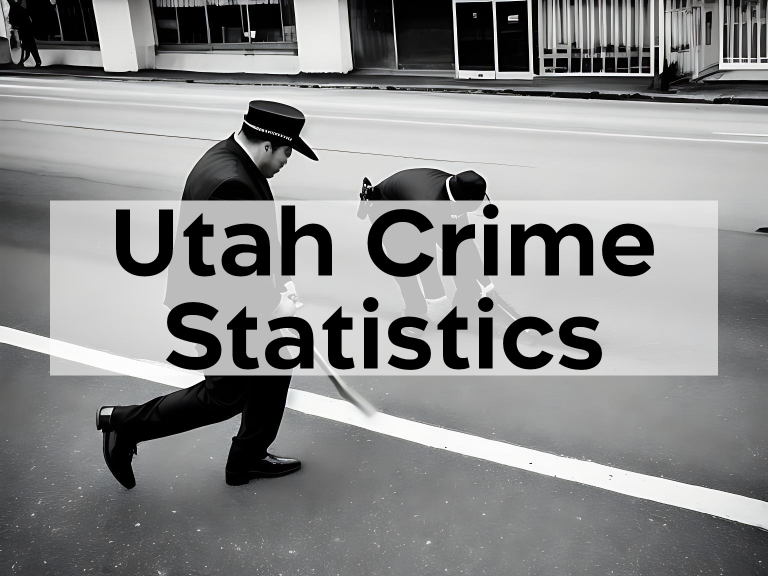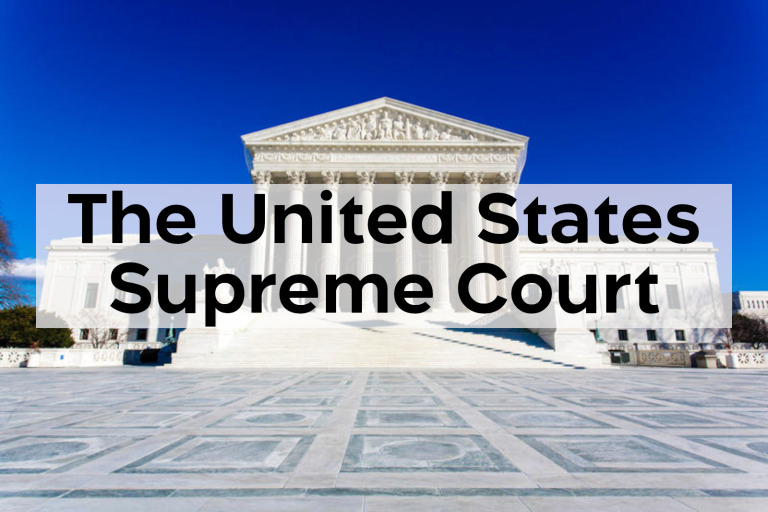DISCLAIMER: Altiorem Legal Services (hereinafter, “Altiorem”) cannot and does not provide legal advice. Altiorem is not a law firm; Altiorem’s staff are not attorneys, cannot act as attorneys, and do not act as attorneys; and any information provided by Altiorem in this article or otherwise is not a substitute for legal advice from an attorney. The information contained in this article should not be construed as legal advice, as it is not intended to be legal advice; the information in this article is provided for educational purposes only. Again, none of the information provided in this article should be construed as legal advice, and nobody should rely on or use the information contained in this article in their legal matters.
WHAT IS CRIMINAL DEFAMATION?
Utah Code § 76-9-404 defines criminal defamation as a person who knowingly communicates to any person, orally or in writing, any information that they know to be false and knows will tend to expose any other living person to public hatred, contempt, or ridicule. Criminal defamation is a class B misdemeanor.
In Utah, a Class B misdemeanor is punishable by up to six months in jail and a fine of up to $1,000.00.
A criminal defamation case is a rarity. It is hard to prove the elements of defamation beyond a reasonable doubt, which is the standard used in criminal cases, as opposed to the civil standard of “preponderance of the evidence”—i.e., “more likely than not”—which is more lenient and easier to prove. Most people file a civil lawsuit when they want to sue for defamation. Examples of criminal defamation include hate speech or speech that insights a riot.
WHAT IS CIVIL DEFAMATION?
There are two types of defamation that can be litigated in a civil lawsuit: libel and slander. Libel refers to false, malicious defamation—expressed either by writing, printing, signs, pictures, or the like—(1) tending to blacken the memory of one who is dead; (2) to impeach the honesty, integrity, virtue, or reputation of an individual; or (3) to publish the natural defects of one who is alive, and thereby to expose him or her to public hatred, contempt, or ridicule.1Utah Code § 45-2-2, Libel and slander defined. Slander involves the same foregoing elements of libel but refers to defamation communicated by spoken words.2See id.
An example of libel is falsely accusing a person—either by writing, printing, signs, pictures, or the like—of being a murderer, a cheat, a child molester, or a drug abuser. Defamation—in this case, libel—is a false accusation that a member of society has violated common standards of ethical behavior.3https://www.gallaudet.edu/tutorial-and-instructional-programs It is common to see celebrities file libel lawsuits against magazine publishers that publish false and defamatory information about them. As mentioned before, slander involves the same elements as libel, but the defamatory statements are made with the spoken word instead of the written word. An example of slander includes a news anchor saying, on air, that a politician is a child molester.
In order to constitute defamation per se, “the defamatory words must charge criminal conduct, loathsome disease, conduct that is incompatible with the exercise of a lawful business, trade, profession, or office, or the unchastity of a woman.”4Baum v. Gillman, 667 P .2d 41, 43 (Utah 1983)
There are different factors that constitute defamation; however, the basic concept of defamation involves (1) speaking or writing disparagingly about someone, (2) what is being said or written is untrue, and (3) what is being said or written causes damages to the person against whom the defamatory statements are made. Damages include the disparagement of one’s reputation or character, as well as money lost as a result of the defamatory statement(s) made, among other damages.
A non-defamatory statement includes “[e]xpressions of pure opinion that do not state or imply facts and are therefore not practically verifiable.”5Davidson v. Baird, App 8, 32 (Utah 2019)
An opinion that is not stating something specific and has not caused harm or loss to the person about whom the statements are made is not defamation. Furthermore, if you are being sued for defamation but can prove that the statement you made was true, then it is not considered defamation; truth is an absolute defense to defamation, If the disparaging statements made can be proven to be true, then defamation cannot exist. Truth, therefore, can potentially (and should) get the case dismissed.
Ordinarily, to establish a claim for defamation, a plaintiff must demonstrate, among other things, that “the statements resulted in damages.”6DeBry v. Godbe, 111, ¶ 8, 992 P.2d 979, (Utah 1999)
This means that the plaintiff must prove to the court that the allegedly defamatory statements of the defendant created a loss of revenue, loss of job opportunities, damage to reputation, damage to social relationships, etc., in order to be considered defamation.
It is important to be able to distinguish what kind of defamation you are facing. While libel and slander are similar, they are separate and distinct elements of defamation that require different arguments and proof. Furthermore, as noted earlier, libel is written defamation, and slander is spoken defamation. If you are involved in a defamation case, it is important to keep and collect any evidence you might have. It is also important to note any type of loss or damages you have suffered as a result of the defamatory statement. An example of damages could include someone making defamatory statements about you that cost you your job or a potential job; those would be clear, direct damages. Additionally, if someone makes defamatory statements about your business and this has caused you to lose customers and profits, and if you can prove it with compelling and sufficient evidence—proving that it is “more likely than not” that you suffered the damages alleged—the perpetrator can be sued for defamation. It is important to know the right steps to take to protect your reputation and your business. It is also important to know what you are free to say and what could potentially be deemed as defamation. Let Altiorem Legal Services look at your case today!
CONTACT US TODAY!
Do you need help with a defamation claim? Let Altiorem help you today with affordable, top-quality legal services.
Expertise. We are knowledgeable, skilled, and experienced in the process of defamation litigation and in drafting all manner of legal documents, such as briefs, pleadings, motions, memoranda, letters, contracts, etc. If you need a top-quality, professional, excellently written, well-researched, and compelling legal document drafted, then look no further!
Quality. We produce top-quality, properly written legal documents with impeccable grammar, punctuation, spelling, structure, flow, information, compelling legal arguments, and persuasive legal conclusions. You can see the quality of our work on our work samples page, where you can peruse and evaluate our writing, as well as our other blog posts.
Experience. Our paralegals are highly experienced in working with attorneys, other paralegals, and court personnel.
Customer Care. Navigating the Utah legal system can be daunting and confusing. Let Altiorem relieve your stress and be your guide. Altiorem has a team of professional paralegals ready to work for you. We want to give you the best chance at getting an outcome for your case that you will be happy with. We are happy to receive documents via email from you, speak with you on the phone, look through court files, or even translate documents (English / Spanish)!
Accessible. If you are interested in retaining our services, we can be contacted at (801) 855-6541 (text or call) and at altiorem@altioremlegalservices.com. If you have a project in mind that you would like us to work on, please click here to send us a project request and get a quote. Alternatively, you can send us an email detailing the work you need to be performed, and a real person will respond promptly.
Thank you for your attention and consideration.



